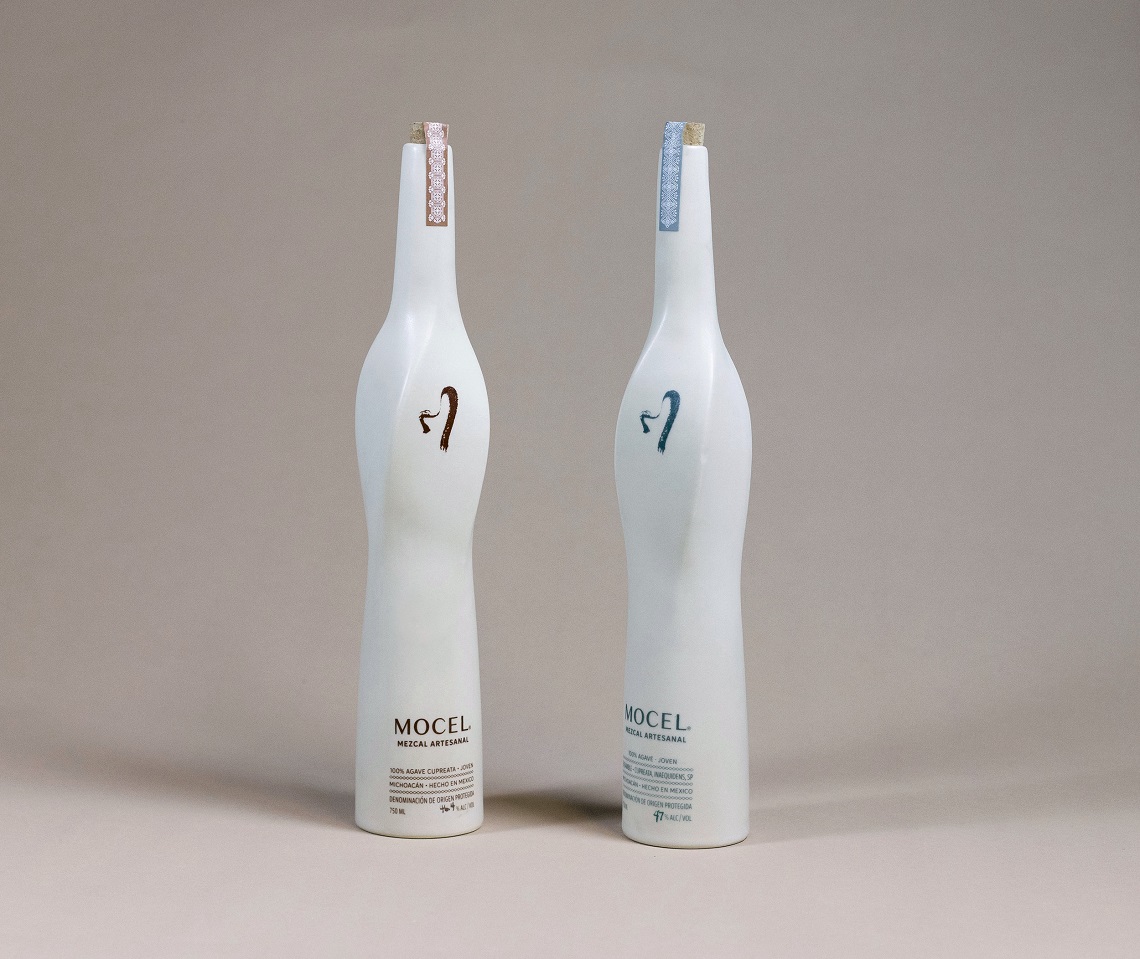Maestra of Mezcal
For Rosalinda Mendoza, Mocel Mezcal represents the purest distillation of family and heritage
Latinx culture has been influencing the global culinary scene for some time. In the United States, it is now common to see ancient Latin grains, citrus-curated seafood and spicy cocktails on the menu. Sales of salsa have eclipsed ketchup.
But the concept of farm-to-table that is integral in Latin American cuisine has also made a big comeback in the US. Conscious consumers want products they can trace and connect with.
Enter Mocel, a startup introducing ultra-premium artisanal mezcal from Michoacán, Mexico. It was created by Rosalinda Mendoza (MBA 2015) and her sister Elizabeth Mendoza as a brand that honors the people—their people—who have preserved the tradition of artisanal mezcal.
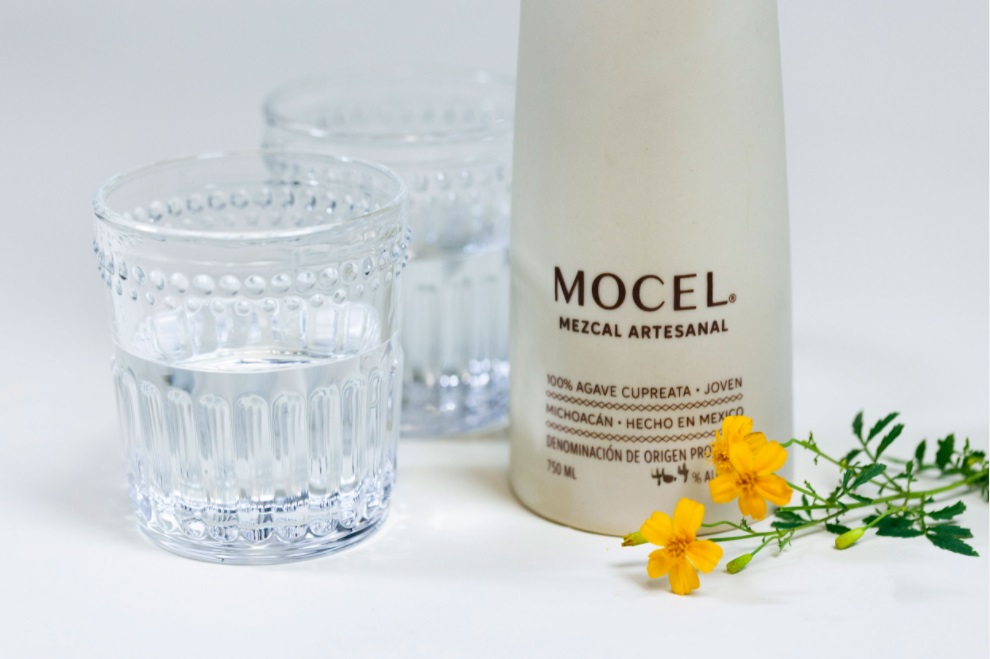
“We have an opportunity to influence and inform consumers about the incredible history of mezcal and do it in a way that honors the process,” says Mendoza. “At Mocel, we are passionate and committed to helping foster a mezcal culture in the US that considers the people, the land and the way it connects us together.”
Mezcal v. tequila
Both tequila and mezcal are Mexican distilled spirits made from agave plants. Tequila is a type of mezcal, but not all mezcal is tequila. Confused yet? Let’s break it down.
Artisanal mezcal is known for its ancient fermentation process and pure components. Mocel uses only two ingredients: agave and water. It is made by cooking agave plants in earthen pits lined with volcanic rocks for roughly five days before beginning the fermentation process. This extra step creates the signature smokiness you don’t taste in tequila.
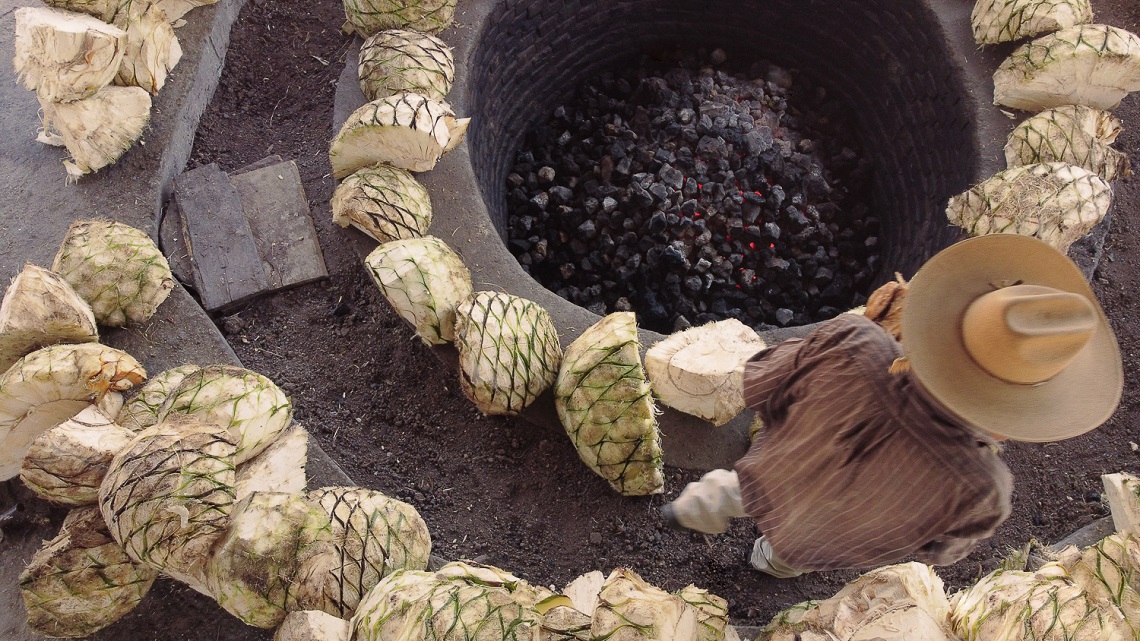
Mocel’s spirits are then distilled in a wooden covered still, often referred to as a Tarascan still, which is unique to Michoacán artisanal mezcales.
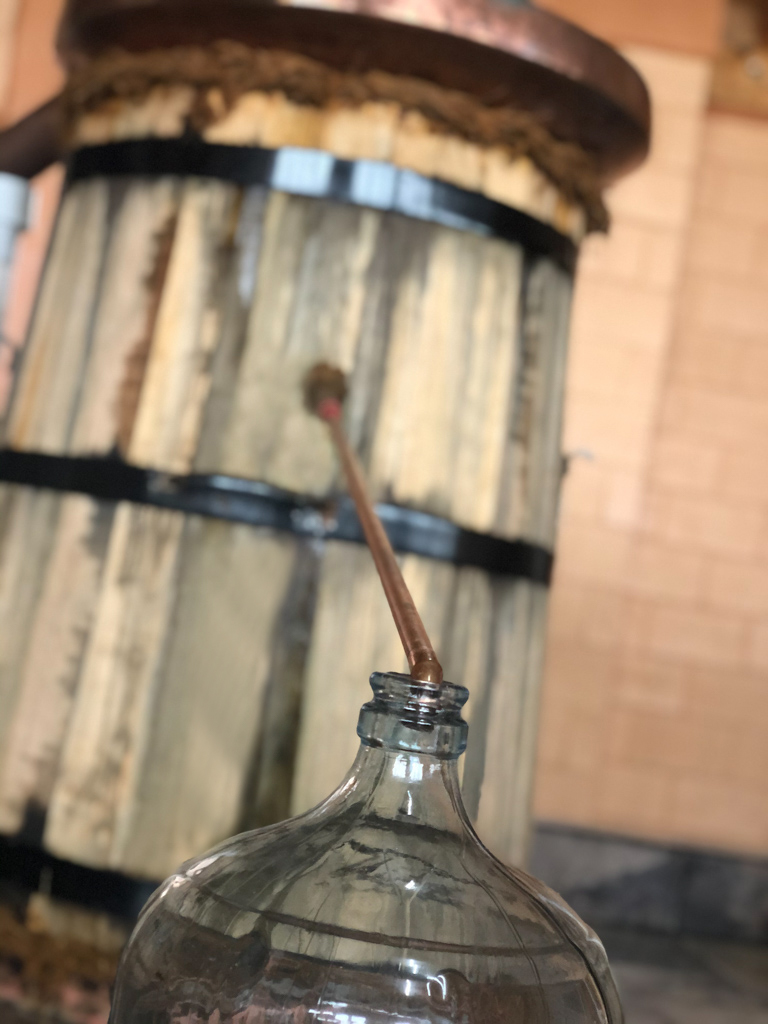
“Our process is time-intensive and time-honored,” says Mendoza. “We don’t use additives or anything to speed up the process. It’s wild fermentation using natural yeast from the air and the wood.”
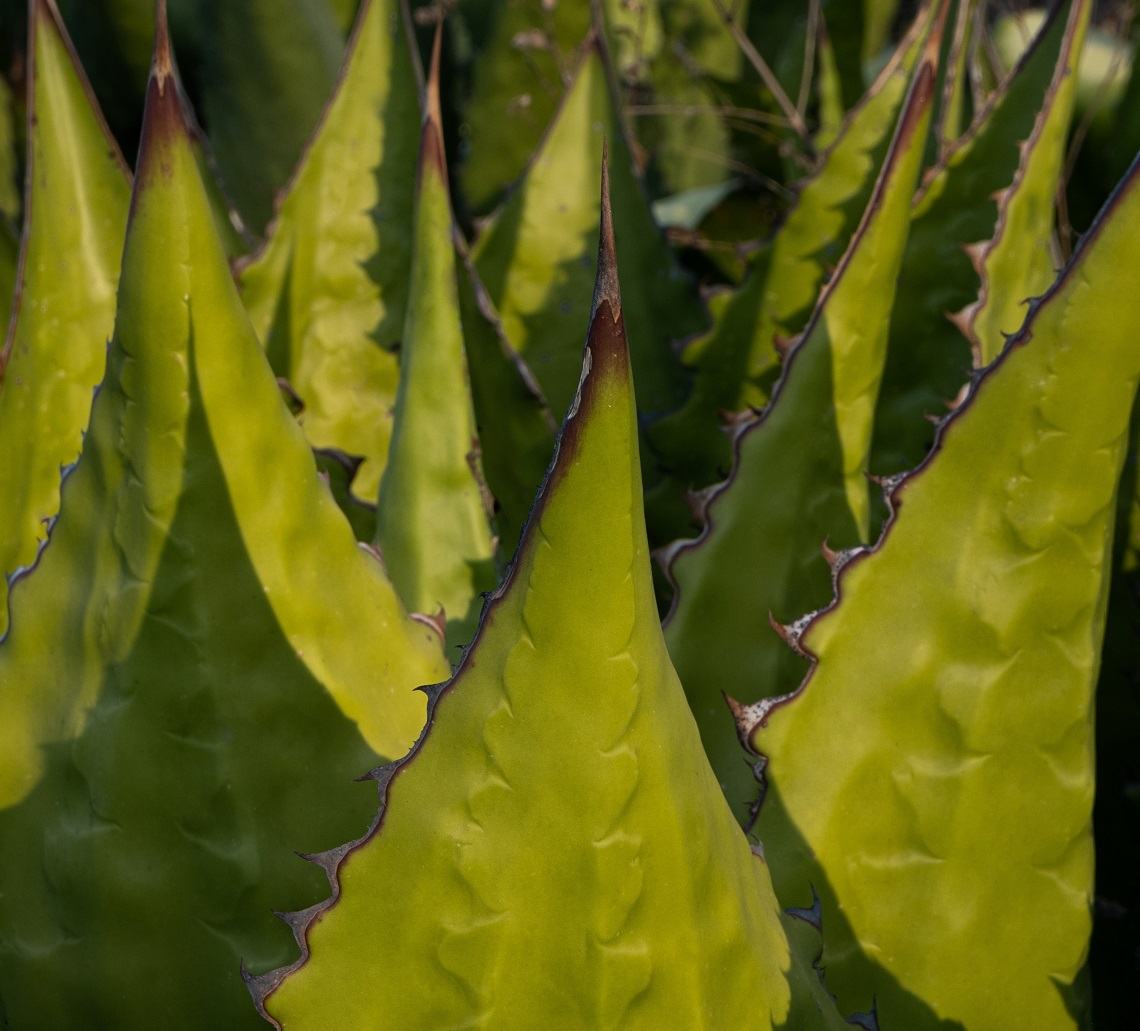
Another difference is the variety of agave used. Tequila is solely made from agave tequilana (blue agave). Mezcal, however, can be made from about 30 different agave plants indigenous to Mexico. Different regions grow different agave species that are influenced by their surrounding agriculture. This creates a wide variety of mezcales with distinct flavors that are unique to each region and distillation process. The artisanal process and agave varieties make artisanal mezcal special but also more costly to produce.
Family tradition
Mocel Mezcal celebrates the Mendoza family’s Michoacán heritage.
The Mendoza sisters grew up in Washington’s Yakima Valley but also spent much time visiting family in Michoacán, an agricultural and culturally rich state located in west-central Mexico.
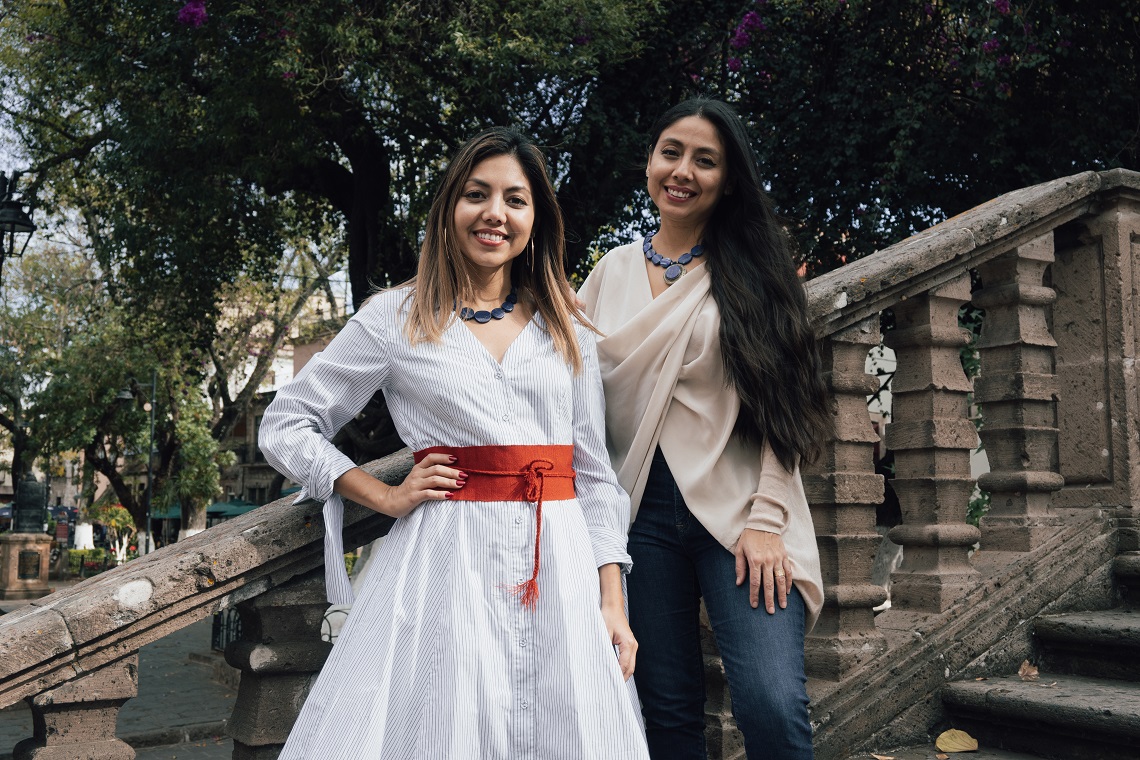
As daughters of immigrant farm workers, they grew up with a deep appreciation for the cultivation process they now incorporate into their mezcal.
Michoacán culture is also displayed in Mocel’s beautifully crafted ceramic bottles that celebrate the textiles and pottery of the indigenous Purépecha people of the region.

Venturing into entrepreneurship
Mendoza’s family always instilled in her the importance of education. As the eldest of five siblings, she was the first in her extended family to attend college. She earned a BA in Economics from Whitman College and worked in the non-profit sector before joining the MBA Program at the UW Foster School of Business.
“I always knew that I wanted to start my own business,” she says. “But Foster really opened my eyes to what was possible.”
Venturing into entrepreneurship is not an easy process, however, especially for the BIPOC (Black, Indigenous and people of color) community or those without generational wealth to support them. Mendoza explains how the current narrative can be misleading: “It takes a great deal of sacrifice and guts to start a business when you’re the main breadwinner and safety net for your family. Hearing about two guys starting a company out of their garage is inspirational, but we should be transparent and also share that a relative gifted them $300,000 to start the company.”
Mendoza is one of many first-generation college graduates who has taken a leap of faith by venturing into entrepreneurship. She is determined to provide a comfortable life for her family after witnessing the hard work and sacrifices her parents made. She credits her time at Foster with preparing her.
From possibility to reality
Mendoza was active in Foster’s Consulting and Business Development Center in her first year, but her involvement in the Buerk Center for Entrepreneurship was the turning point for her—especially the angel investing course. Angel investing is the act of providing capital for a business in exchange for ownership equity or convertible debt. Many startups without substantial collateral prefer this option rather than acquiring a small business loan.
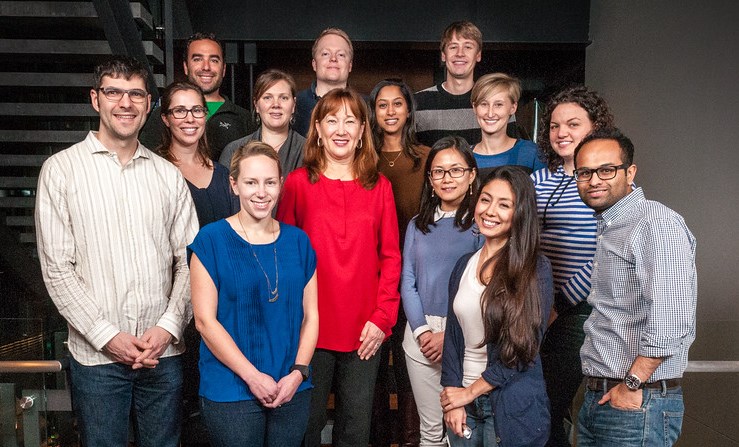
During the course, Mendoza observed startups pitching business plans and then listened to investors discuss them. “This concept of angel investing was new to me and to see the other side was incredible,” she says. “Foster gave me the opportunity to witness something I would have never had access to.”
After graduating from Foster, Mendoza began creating the Mocel brand alongside her sister. It began as a side project while she worked full-time in tech. But at the end of 2019, Mendoza left her job to pursue entrepreneurship full-time. “Starting Mocel was a serious financial decision. It had to make financial sense,” says Mendoza. “I projected revenue for year one but that was delayed by two years. Those things are important.”
Of course, no one could have predicted a global pandemic and the economic turmoil it has wrought. But Mendoza is grateful for her supportive family and the financial planning she and her husband did before she ventured into entrepreneurship. In the span of a few months since Mocel launched, they have nearly sold out of their inaugural batch, and have had to accelerate their 2023 production.
Women in business
“I come from a line of strong women,” says Mendoza as she shares the story of how her aunt, newly wed, immigrated to Washington through the Bracero Program in the 1960s to work alongside her husband in the fields of Yakima Valley.
At a young age, Mendoza also worked in the fields alongside her family. After Foster, she graduated to the tech industry, where she was often the only woman and person of color in the room. “I’m used to it,” she says. “It’s not any different in the spirits industry.”
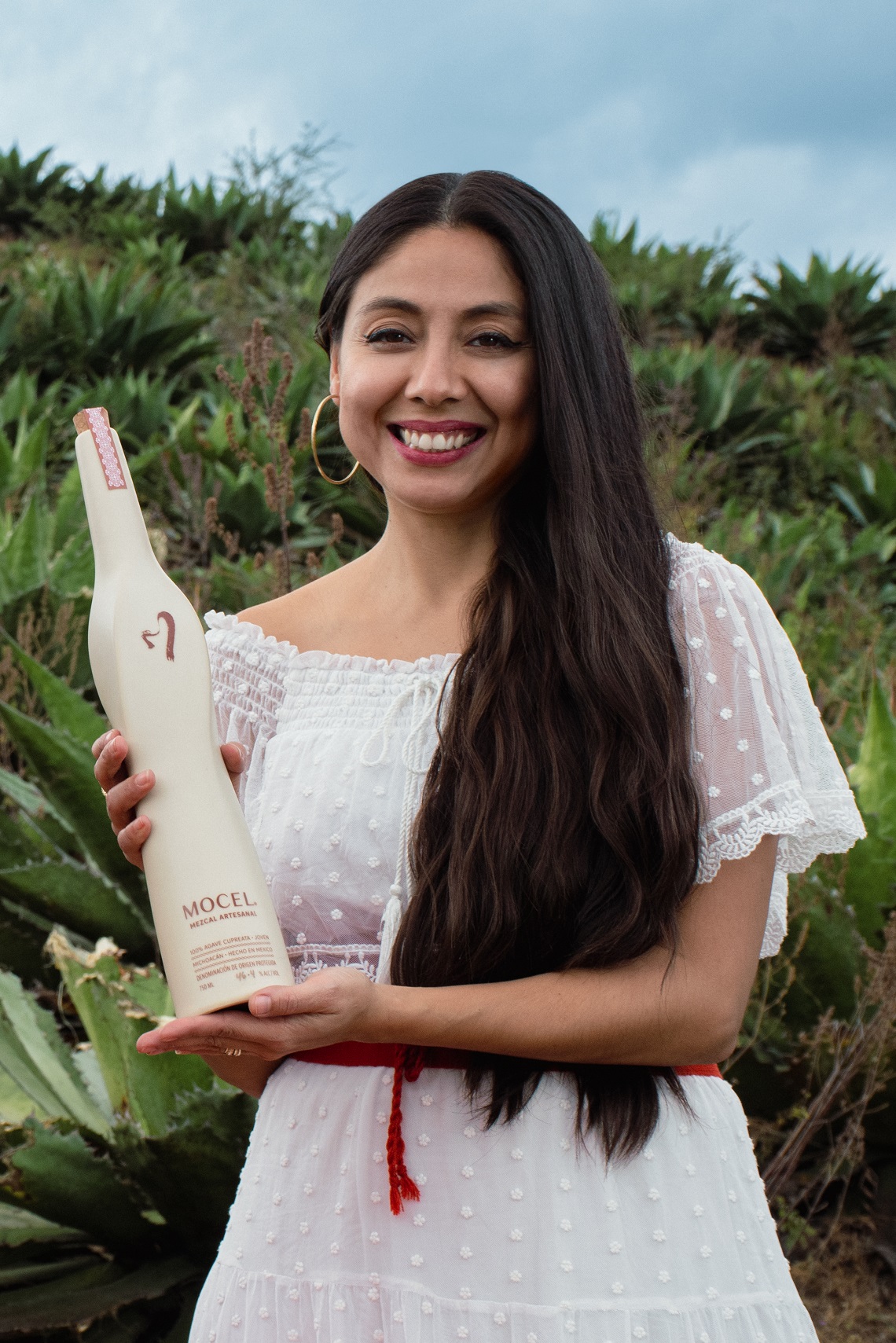
Mendoza is not afraid to work in male-dominated environments and though the spirits industry has been very welcoming, she doesn’t deny experiencing underlying biases as a woman entrepreneur. Industry representatives and suppliers sometimes assume her husband is the one running the business. “Bias shows up in very small ways,” she says.
But Mendoza is confident that her dedication and hard work will continue to provide an example of perseverance for women in business and the next generation of BIPOC entrepreneurs. “I want them to see the possibilities and provide equitable access to the startup community,” she says. “Our community is very entrepreneurial. However, a lot of the time you don’t know or don’t have access to the ways that you can scale it to make your business possible.”
Salud!
Mocel’s inaugural small batch is now available for purchase on the company website. The Mendoza sisters currently offer two distinctive mezcales. Cupreata 2020 Expression is made with Michoacán’s distinctive Cupreata agave, locally known as Chino, and strikes a delicate herbaceous profile. Ensamble 2020 Expression is a blend of Cupreata, Inaequidens and Espadincillo, three regional agaves from inland Michoacán. This blend is filled with bright floral and sweet notes.
Seattle area residents and visitors have the opportunity to request a small group tasting experience with Rosalinda and Elizabeth Mendoza. Mocel Mezcal is also being served at TOMO, The Collective, The Columbia Tower Club, the Aldarra Golf Club, Deep Dive inside the Amazon Sphere, Mezcaleria Oaxaca and Crafted in Yakima.
All photography courtesy of Mocel Mezcal.

